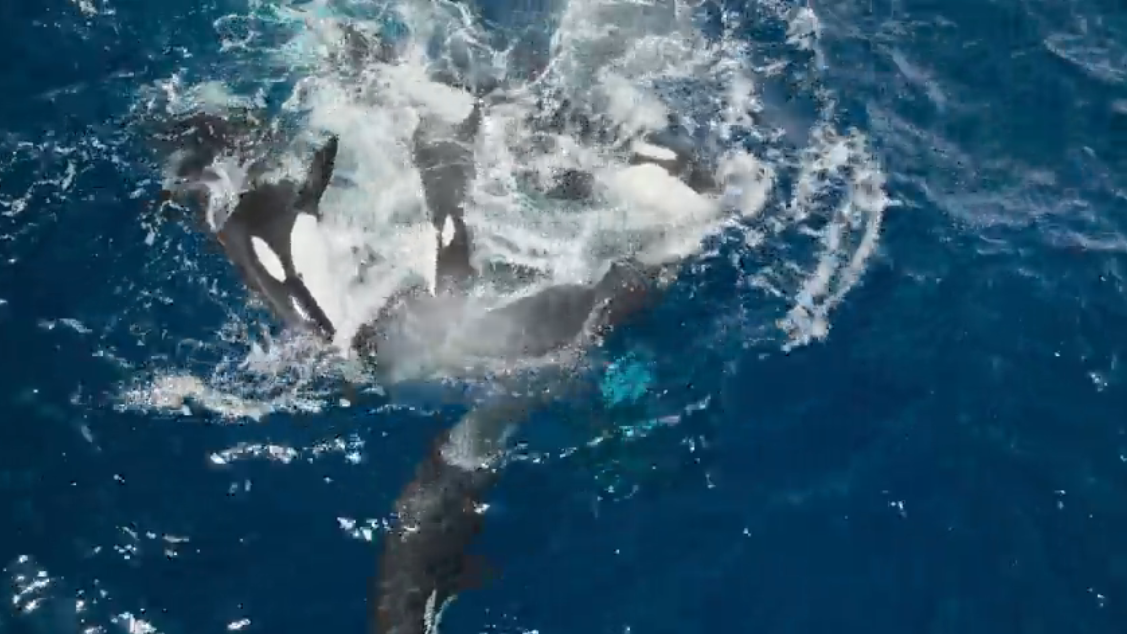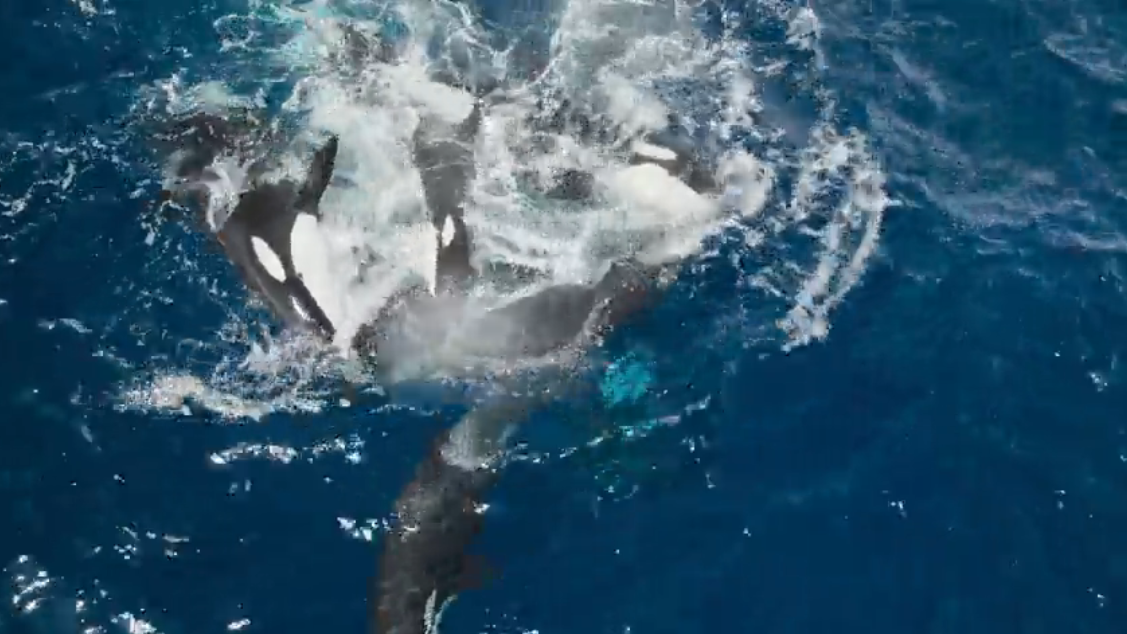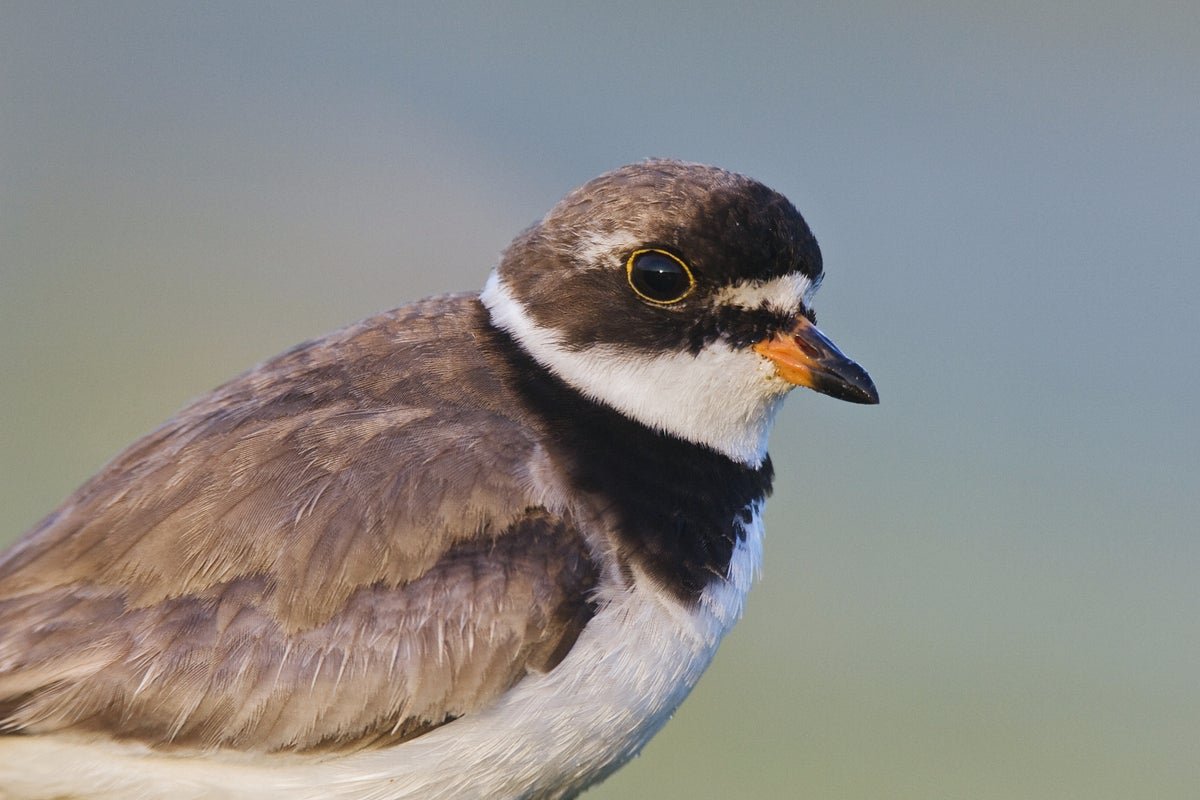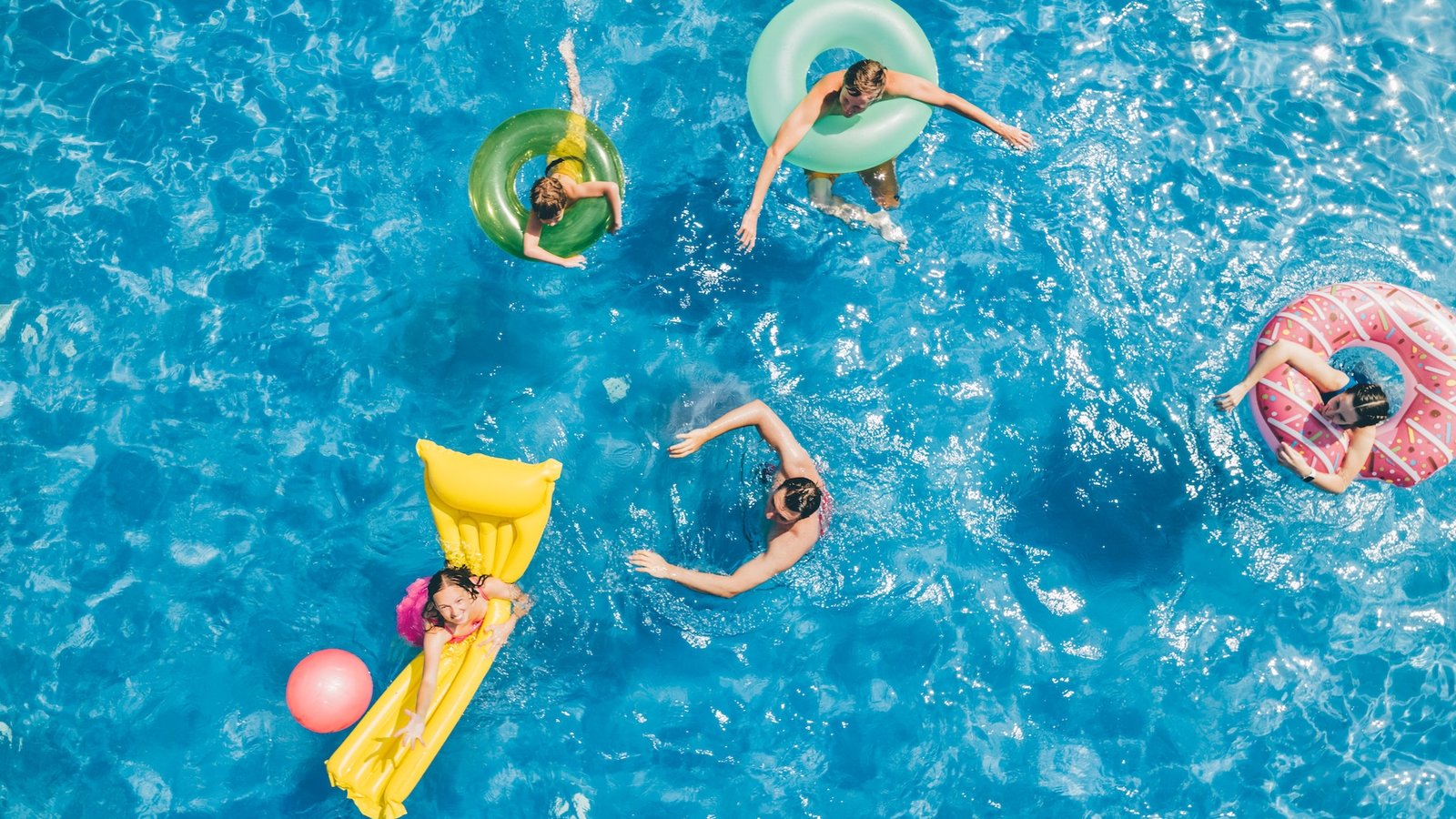Orca moms teach their young how to pretend-drown each other, first-of-its-kind footage shows. The brutal training session teaches orcas the skills needed to kill the largest animal that has ever lived.
In the video, a young orca (Orcinus orca) pretends to be prey, letting the rest of the pod surround it and submerge its blowhole to prevent it from breathing. Members of the pod practice holding the young orca’s head under the water for a while before releasing it.
Later in the clip, the pod applies this technique while hunting a blue whale (Balaenoptera musculus). The orcas appear to catch the whale off guard, giving them an advantage in what would otherwise be an unequal fight with the enormous whale. They crowd around the whale’s head and submerge its blowhole, but it’s unclear from the footage whether they succeed in killing the giant mammal.
While researchers already knew that orcas can kill whales by drowning them, “this practice-hunting behaviour has never been filmed before,” a spokeswoman for the BBC, which filmed the footage for its new nature series “Parenthood,” told The Times.
Related: Orcas filmed making out in the wild for first time
The clip is narrated by British biologist and broadcaster Sir David Attenborough. “These orca need to be on top of their game,” Attenborough explains in the footage. “They hunt the largest animals that have ever lived: blue whales.”
Filmmakers used specialized underwater stabilizing devices called gimbals and tow cameras to capture the scene off the coast of Bremer Bay in Western Australia. “This technology allowed the crew to travel at the same speed as the orca hunting pack and provided new insights into their behaviour,” the BBC spokeswoman told The Times.

Bremer Bay is home to an orca population of about 200 individuals, which makes it the largest known congregation of orcas in the Southern Hemisphere, according to the tour operator Bremer Bay Killer Whales. Pods range in size from six to 20 orcas, and they typically eat giant squid (Architeuthis dux) and colossal squid (Mesonychoteuthis hamiltoni) rather than blue whales.
Orcas likely hunt blue whales not for food, but simply because they can and want to have fun, experts say. “They play with [whales] like cats play with their prey,” Nancy Black, a marine biologist who runs the whale-watching business Monterey Bay Whale Watch, told National Geographic after drone footage of orcas attacking a blue whale emerged in 2017.
But going after a solitary adult whale is risky, so orcas usually chase blue whales that are sick or have their calves in tow. The calves tire more quickly than adult whales, falling behind and becoming easy prey for orcas, National Geographic reported.
The BBC show “Parenthood” is a five-part series about some of the strategies and behaviors used by animal parents that boost the survival of their young. In the U.S., the show is expected to air on PBS’s “Nature” later this year or early next year.
“My personal favourite must be the story of the African social spider, a mother spider who not only raises 50 offspring alongside her sisters but eventually sacrifices her own body to feed her growing young in an act called matriphagy,” Jeff Wilson, the series’ director, told The Times.
You can watch a stomach-turning clip of this sacrifice here.




